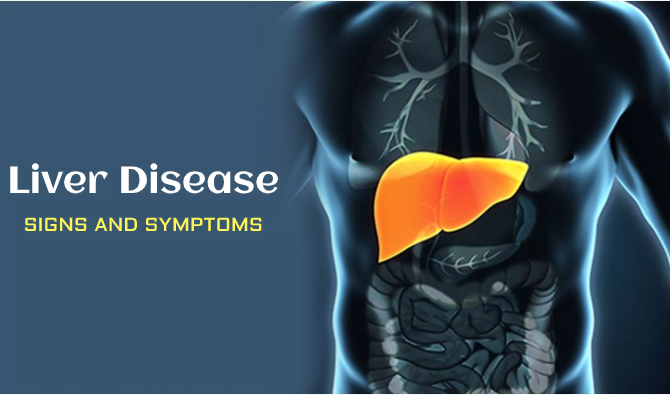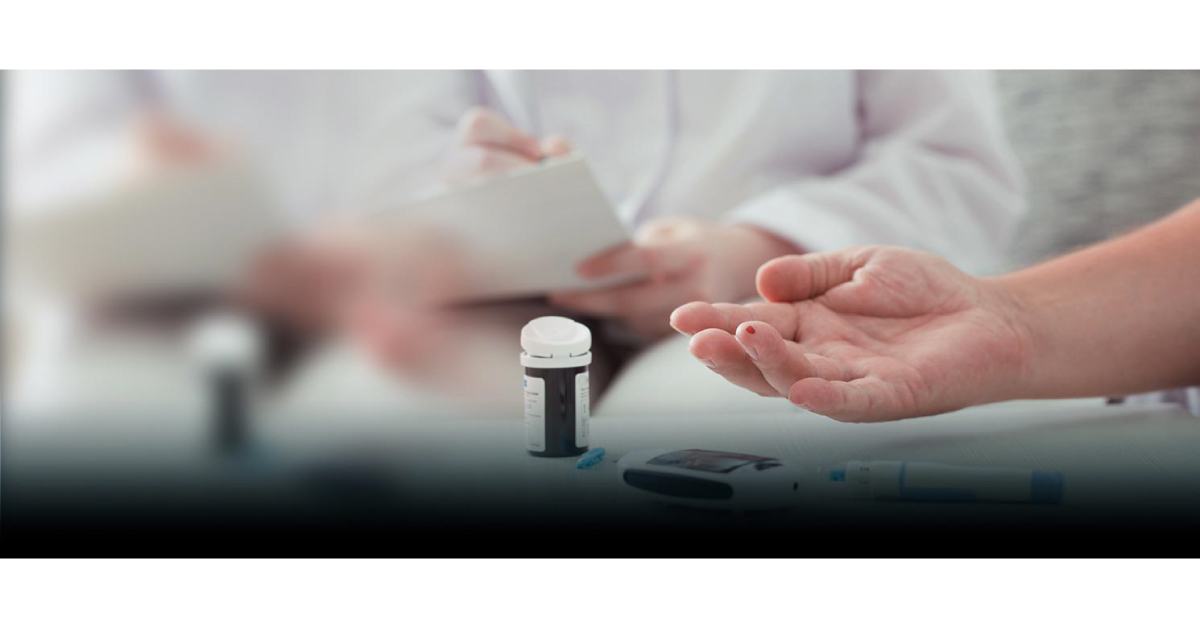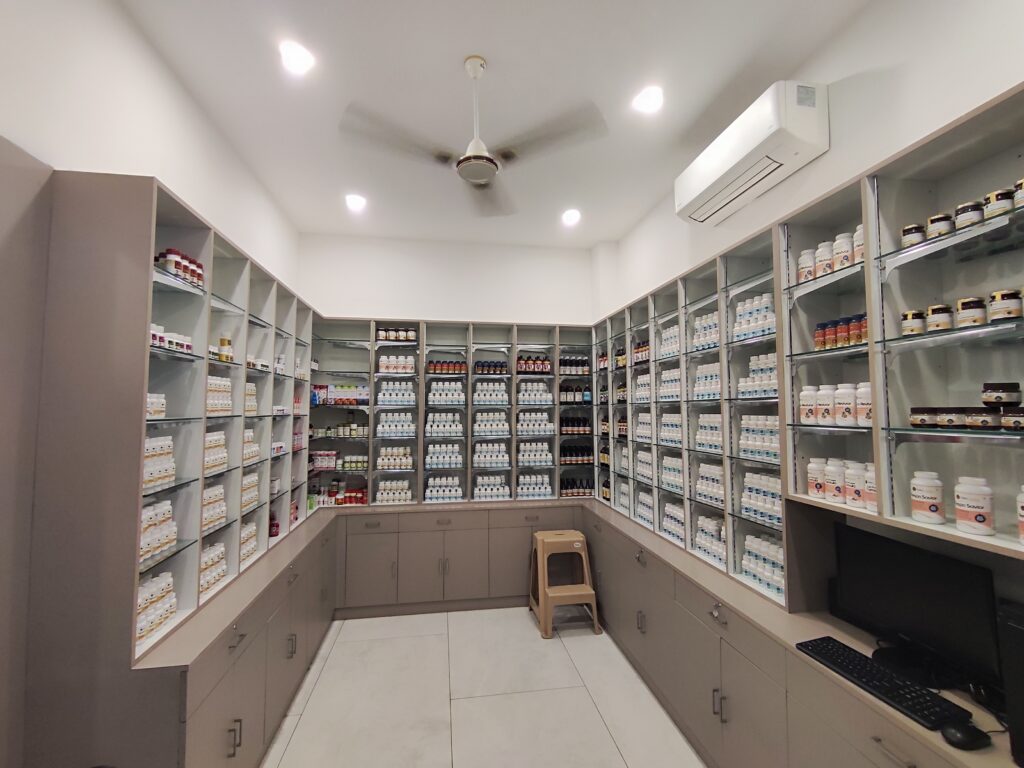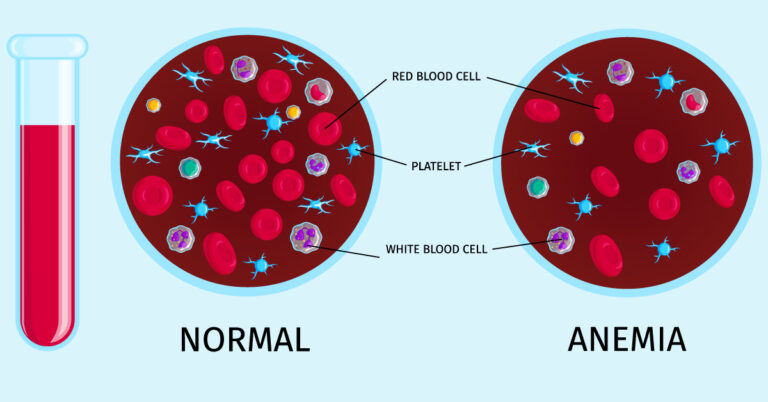Anemia affects one-third of the world’s population. In the word “anemia”, “an” means without, and “haima” means blood i.e., anemia means lack of blood. It is a condition in which RBC i.e red blood cells, drop in number or in which Hemoglobin (Hb) is insufficient to meet physiological needs. In Ayurveda, anemia is co-related with Pandu Roga and is very common.
In developing countries like India, nutritional deficiency is the main etiological factor. According to Ayurveda, anemia is not only restricted to Apatarpanjanyavyadhi i.e undernutrition but is also considered Santarpanjanyavyadhi i.e., over-nutrition.
In India, women are more vulnerable to anemia than men.
Do you know?
- The most type of anemia is the one caused by iron deficiency.
- Craving to chew on ice cube is one of the signs of anemia. The medical term used for this condition is Pica.
- Approximately two billion people are affected by anemia throughout the world.
- According to WHO, approximately 40% of pregnant women are affected by anemia worldwide.
- According to a study published in the journal of nutrition and food science, 60% of vegan women are anemic.
Types of Anemia:
Modern point of view:
- Iron deficiency anemia
- Pernicious anemia
- Sickle cell anemia
- Hemolytic anemia
- Aplastic anemia
- Diamond black fan anemia
- Fanconi anemia
- Vegan anemia
- Mediterranean anemia
Ayurvedic Point of view:
There are 5 types of Pandu (Anemia):
- Vataja Pandu- characterized by black discoloration of the skin, pricking sensation, dryness in skin and eye.
- Pittaja Pandu- characterized by dark yellow discoloration of the skin, excessive thirst, burning sensation.
- Kaphaja Pandu- characterized by white discoloration of the skin, heaviness of body part, laziness, etc.
- Sanippataj Pandu- characterized by mixed feature of above three kinds of Pandu.
- Mritika Bhakshan Janya Pandu- characterized by debility of sense organ, loss of libido and lusture, swelling beneath the eye. People who eat clay habitually aggravate Vata or Pitta or Kapha result in this kind of Pandu.
Anemia Causes:
Ayurvedic point of view:
Dietary cause (Aharaj Nidan):
- Masha (Black gram)
- Til Taila (Sesame oil)
- Madya (Alcohol)
- Virudh Ahara (Incompatible food)
Habitual cause (Viharaj Nidan):
- Faulty management of Ritucharya (Seasonal regime)
- Divashyan (Sleeping during the daytime)
- Sexual intercourse and exercise during the indigestion of food
Mental cause (Mansik Nidaan):
- The affliction of mind with Bhaya (Fear), Krodh (Anger), Chinta (Anxiety), or Shoka (Grief), etc.
- Anemia may occur due to complications of Arsha (Piles), Krimi (Worms disorder), Pradara (Leucorrhoea), Arbud (Carcinoma).
Modern point of view:
- Inadequate intake of folate also known as folic acid through diet
- Intake of diet that lacks vitamin B12 or if the body is not absorbing vitamin B12 properly
- Inherited blood-related disorders like Thalassemia
- Chronic diseases like hyperthyroidism, hypothyroidism, lupus, advanced kidney disorders, etc.
- Blood loss due to conditions like accidents, gastritis, ulcers, hemorrhoids, Crohn’s disease, RA, etc.
- Menopause and menstruation.
Anemia Symptoms
Ayurvedic point of view:
- Durblta (Weakness)
- Gatrashool (Body aches)
- Karn kshwed (Tinnitus or sounds in the ears)
- Bhrama (Giddiness)
- Hridya Sapandan (Rapid heartbeat or palpitation)
- Shwasa (Shortness of breath)
- Peedita (Patient feels like their body has been compressed)
- Alpa Vaak (Sleepless)
- Kati ruk (Pain in the lower back)
- Uru ruk (Pain in thighs)
- Paad ruk (Pain in foot)
- Shun Akshi Koot (Swelling around the eye orbits)
- Prabha Hat (Lack of lusture)
- Shishir Dwesh (Aversion towards cold)
- Kshteevan (Excessive spitting)
- Aruchi (Tastelessness)
Modern point of view:
- Weakness
- Irregular heartbeat
- Fatigue
- Breath shortness
- Headache
- Cold feet and hands
- Dizziness
- Yellowish or pale skin
Ayurvedic treatment of Anemia:
In Ayurveda, first line of treatment for Pandu Roga i.e., Anemia includes Vamana (Emesis therapy) and Virechana (Purgative therapy). After the administration of Snehana i.e., internal oleation, Tikshana (Sharp) purgation and emetic therapies are given to the patient. This process is known as Shodhana therapy (Purification therapy). After Shodhan therapy, various herb combinations are given to the patient-
Herbs:
- Punarnava (Boerhavia diffusa)
- Kakmachi (Solanum nigrum)
- Amalaki (Emblica officinalis)
- Bhumi Amla (Phyllanthus niruri)
- Kutki (Picrorrhiza kurroa)
- Sharpunkha (Tephrosia purpurea)
- Kumari (Aloe vera)
- Kalmegha (Andographis paniculata)
- Vasa (Adhatoda vasica)
- Bhringraj (Eclipta alba)
- Haridra (Curcuma longa)
- Daruharidra (Berberis aristata)
- Kirattikat (Swertia chirayata)
Pathya (Dos)
- Include Dughad (Milk), Takra (Buttermilk), Navneet (Butter) in your diet.
- Include Purana Godhoom (Old grain), Yava (Barley), Mudag (Moong dal), Mkhana (Fox-nut) in your diet.
- Include food rich in Vitamin C i.e citrus fruits, peppers, broccoli, etc.
- Include dark green leafy vegetables in the diet.
- Include Chandrashoor i.e garden cress in your daily diet, as it is the richest source of non-heme iron and helps to cure anemia.
- Use iron pots for cooking.
- Include lots of seeds and nuts in your diet.
- Shusruta, the Father of surgery advises taking Amalaki Swarasa (Amla juice), Ikshu Rasa (Sugarcane juice) in Pandu Roga (Anaemia).
- Include sesame seeds, pumpkin seeds and sprouts in your diet as they are a great source of iron.
Apathya (Dont’s)
- Avoid salty, sour, and spicy food
- Avoid Aatapsevan (direct sunlight)
- Avoid Agnisevan (direct exposure to firelight)
- Avoid Krodh (anger)
- Avoid suppression of vega like urine, feces, sneezing, etc.
- Avoid Maithun (sexual activity)
- Avoid processed and refined food
- Avoid tea and coffee with your meal or right after meal
- Avoid psychological stress
- Avoid sleeping during the day
If you experience any of the below symptoms, you must visit a doctor:
- Unexplained exhaustion and body aches
- Difficult to focus and concentrate
- Excessive hair loss
- Insomnia
- Dry and damaged skin
- Light headache
Conclusion:
Ayurvedic medicine is an efficient approach to the prevention and management of anemia in various age groups. The major advantage of Ayurvedic formulations is that they’re considered to be safe.
Recommended Products:
The best quality of Moringa and Shilajit is advised for anemia. At Yukti Herbs, the best quality of Moringa and Shilajit is available in a packing of 60 capsules, which means 1 full month of supply!!
Yukti Herbs’ patent products called Livo Savior, and Moringa are some of the best formulations that work to treat anemia naturally.
You may order from their website – www.yuktiherbs.com or call them directly at
+91 828-386-5637 or +91 752-786-9388.












[…] Fatigue or weakness, which might indicate anaemia […]